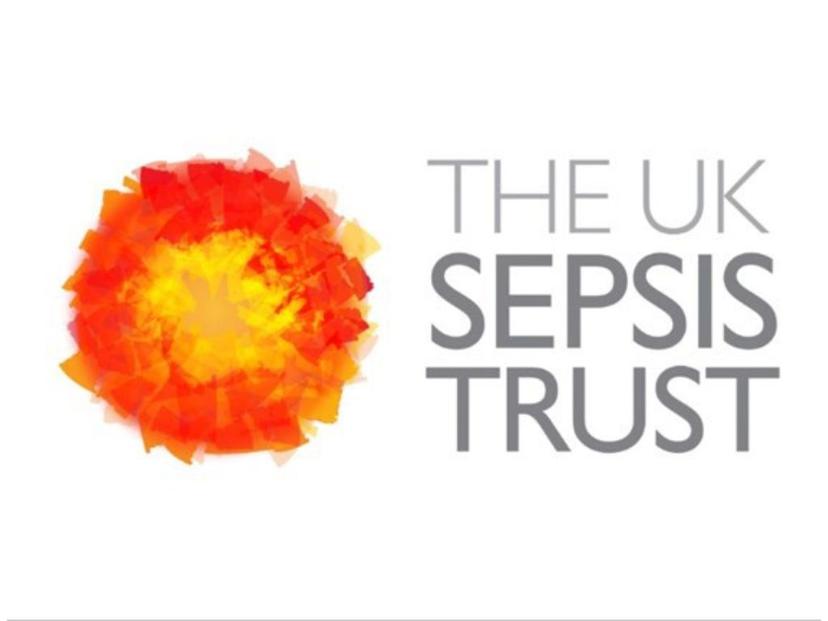How the UK Sepsis Trust is revolutionizing sepsis care
Find out how CLINICAL24 supporter, UK Sepsis Trust is addressing workforce challenges and promoting early sepsis diagnosis in healthcare
28 Dec 2024The UK Sepsis Trust, founded in 2012 by NHS consultant Dr. Ron Daniels BEM, has become a critical force in the battle against sepsis. With a mission to end preventable deaths and improve outcomes for sepsis survivors, UK Sepsis Trust is a key partner for #CLINICAL24, which exists to highlight the challenges faced by healthcare professionals, with a focus on clinical laboratory medicine.

Sepsis, a life-threatening condition caused by the body’s extreme response to infection, is responsible for millions of deaths worldwide. Through research, advocacy, and innovative campaigns, the UK Sepsis Trust is playing a vital role in reducing mortality rates and improving sepsis care across the UK and internationally.
Advancing sepsis research and survival rates
The UK Sepsis Trust focuses much of its efforts on improving sepsis survival rates. Between 2012 and 2019, survival rates in the UK increased from 70% to 80%, which may suggest that the trust's initiatives, such as the development of the Sepsis 6 care bundle, is leading to improved sepsis care in the UK1. This tool, aimed at guiding healthcare professionals through the crucial first hour of sepsis care, has been implemented in 96% of UK hospitals and is endorsed by the National Institute for Health & Care Excellence (NICE).
The Sepsis 6 model has also gained international recognition, being utilized in 37 countries worldwide. Early diagnosis and treatment of sepsis are crucial for improving survival rates, and this is central to the Sepsis 6 model, which emphasizes a rapid response protocol. Clinical laboratory professionals play a crucial role in identifying sepsis, and advancements in diagnostic technologies can enable even faster detection.
Raising public awareness
Public awareness of sepsis has grown significantly due to UK Sepsis Trust’s targeted campaigns. Their ‘Just Ask: Could it be Sepsis?’ initiative, launched in 2012, dramatically raised awareness, increasing public recognition of sepsis as a medical emergency from 27% to 94% by 2024 (according to YouGov polls)1. Campaigns like these are essential, as timely intervention is crucial for survival.
UK Sepsis Trust also leads the Sepsis Savvy program, which expands outreach to schools, universities, and businesses, educating various sectors on how to prevent and recognize sepsis early. Engaging diverse communities is critical to combatting sepsis, and the Trust has partnered with major companies like Amazon and Vodafone to ensure their employees are equipped with lifesaving knowledge.
UK Sepsis Trust’s global influence
In addition to its UK-based efforts, the UK Sepsis Trust has had a global influence. In 2017, the World Health Organization (WHO) adopted a resolution on sepsis, influenced by UK Sepsis Trust’s work, setting the stage for worldwide improvements in sepsis care. Furthermore, the development of the Red Flag Sepsis tool, empowering junior healthcare staff to act swiftly, is now used in 99% of British hospitals, making sepsis care faster and more reliable2.
On the national stage, UK Sepsis Trust has played a key role in shaping NHS sepsis guidelines. It partnered with NICE to release updated guidelines in 2024, ensuring healthcare professionals have access to the latest research and tools for effective sepsis management.
Addressing challenges with collaboration
Despite advancements, there are ongoing challenges. The UK Sepsis Trust is acutely aware of the workforce shortages impacting healthcare, including the clinical laboratory sector. To address this, UK Sepsis Trust works closely with educational institutions, offering training to ensure that professionals are prepared to tackle sepsis head-on.
Technological innovation also plays a key role in the fight against sepsis. As new diagnostic tools are developed, clinical laboratory scientists will be at the heart of ensuring faster and more accurate sepsis detection, leading to earlier intervention and improved patient outcomes.
References
1. About UKST - The UK Sepsis Trust
2. United Kingdom – European Sepsis Report — European Sepsis Alliance
